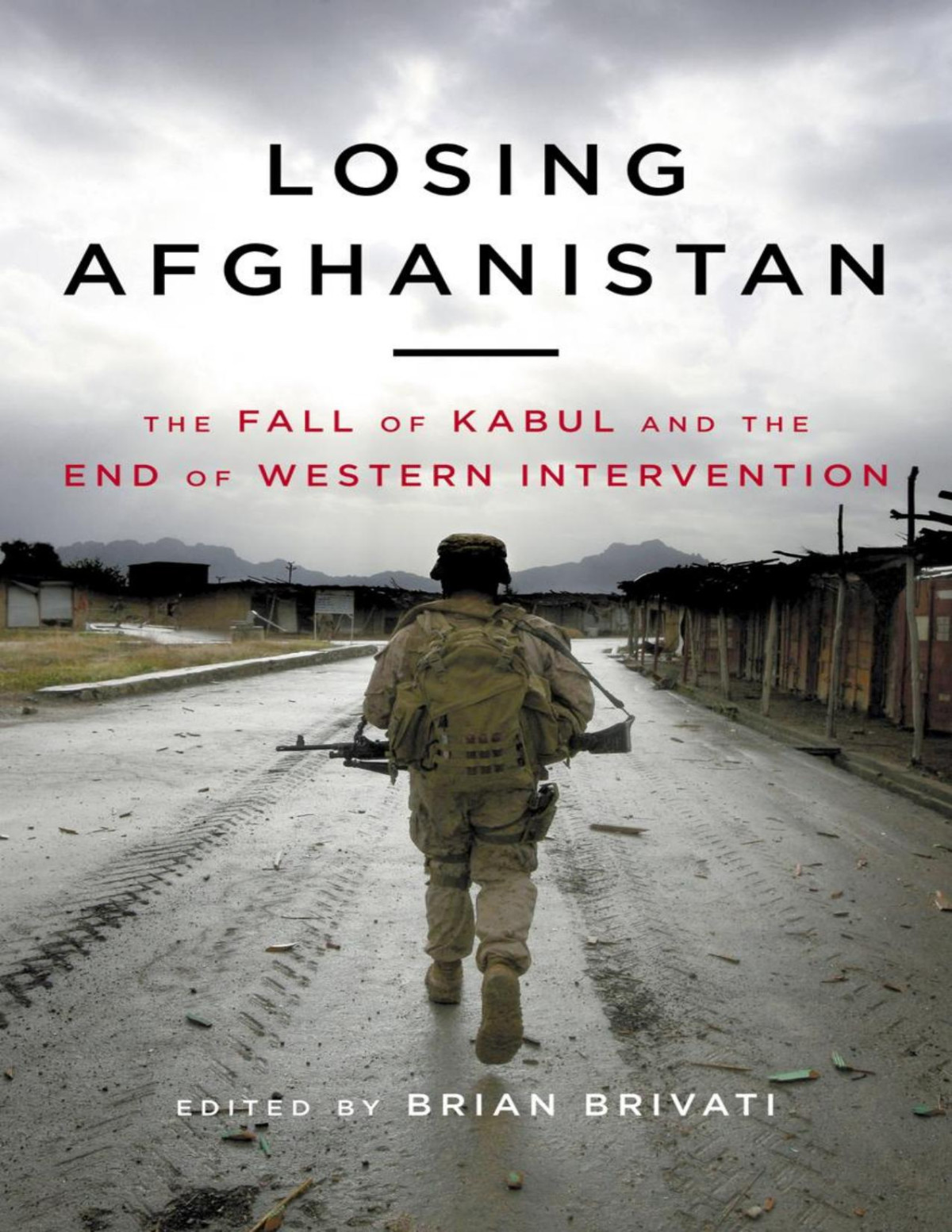

Most ebook files are in PDF format, so you can easily read them using various software such as Foxit Reader or directly on the Google Chrome browser.
Some ebook files are released by publishers in other formats such as .awz, .mobi, .epub, .fb2, etc. You may need to install specific software to read these formats on mobile/PC, such as Calibre.
Please read the tutorial at this link: https://ebookbell.com/faq
We offer FREE conversion to the popular formats you request; however, this may take some time. Therefore, right after payment, please email us, and we will try to provide the service as quickly as possible.
For some exceptional file formats or broken links (if any), please refrain from opening any disputes. Instead, email us first, and we will try to assist within a maximum of 6 hours.
EbookBell Team

5.0
58 reviews“Those who wonder how the international community failed so dramatically in Afghanistan need look no further … Losing Afghanistan explores the arguments for and against intervention and highlights the difficulty of establishing unity of purpose and effort in such demanding circumstances. Above all, it poses a question: how can we in the West claim we know so much, yet demonstrate in Afghanistan that we understand so little?” – General (retd) Sir Jack Deverell OBE, former Commander-in-Chief of Allied Forces Northern Europe
“A wonderful book of insightful essays on Afghanistan from an outsider lens.” – Ezatullah Adib, head of research at Integrity Watch Afghanistan and national country representative at the World Association for Public Opinion Research
“The strategic question posed by these brilliant essays is: how can the doctrine of liberal intervention be reframed to ensure the West intervenes overseas to manage future humanitarian calamities for reasons beyond just national security?” – Brigadier (retd) Justin Hedges OBE
***
When Taliban forces took Kabul on 15 August 2021, it marked the end of the Western intervention that had begun nearly twenty years earlier with the US-led invasion.
The fall of Afghanistan triggered a seismic shock in the West, where US President Joe Biden announced an end to America’s involvement in conflicts overseas. In Afghanistan itself it produced terror for the future for those who had worked with and grown up under the coalition-supported administration.
Now, with the country spiralling into economic collapse and famine, Losing Afghanistan is a plea for us to keep our gaze on the plight of the people of Afghanistan and to understand how action and inaction in the West shaped the fate of the nation.
Why was Afghanistan lost? Can it be regained? And what happens next? Edited by international development expert Brian Brivati, this collection of twenty-one essays by analysts, politicians, soldiers, commentators and practitioners – interspersed with powerful eyewitness testimony from Afghan voices – explains what happened in Afghanistan and why, and what the future holds both for its people and for liberal intervention.